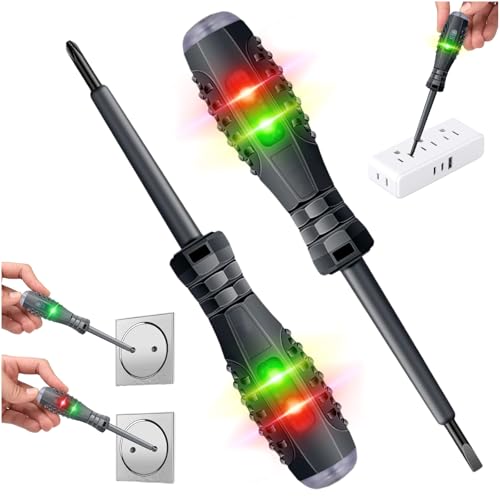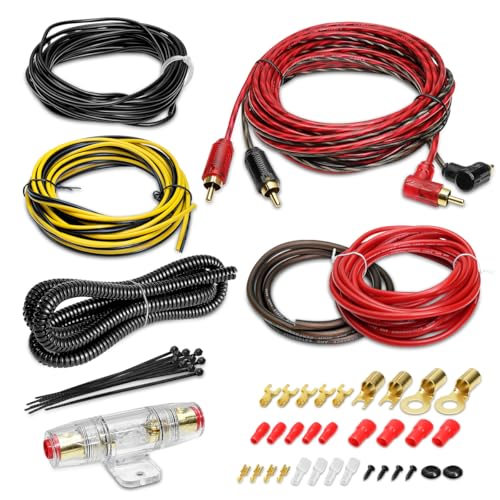Good Day!
I have 2 staircases each with hard wired 2-way switches, one switch at top and other switch at bottom of each staircase. I want to add another switch to each circuit making them 3-way. At the same time I will install dimmer switches (master and 2 slaves on each circuit). I know how to do this but hard wiring will require a helluva lot of routing of cables through ceiling voids, under floors, chasing plaster walls, making good etc. Is it worth the bother? I'm tempted to go for wire free switching such as LightwaveRF but I've no experience of wireless switching. Shall I stick with good old fashioned hard wiring or launch into 21st Century and invest in wireless? Any views or experience will be appreciated.
Many thanks in anticipation.
Sam1952
I have 2 staircases each with hard wired 2-way switches, one switch at top and other switch at bottom of each staircase. I want to add another switch to each circuit making them 3-way. At the same time I will install dimmer switches (master and 2 slaves on each circuit). I know how to do this but hard wiring will require a helluva lot of routing of cables through ceiling voids, under floors, chasing plaster walls, making good etc. Is it worth the bother? I'm tempted to go for wire free switching such as LightwaveRF but I've no experience of wireless switching. Shall I stick with good old fashioned hard wiring or launch into 21st Century and invest in wireless? Any views or experience will be appreciated.
Many thanks in anticipation.
Sam1952
































































